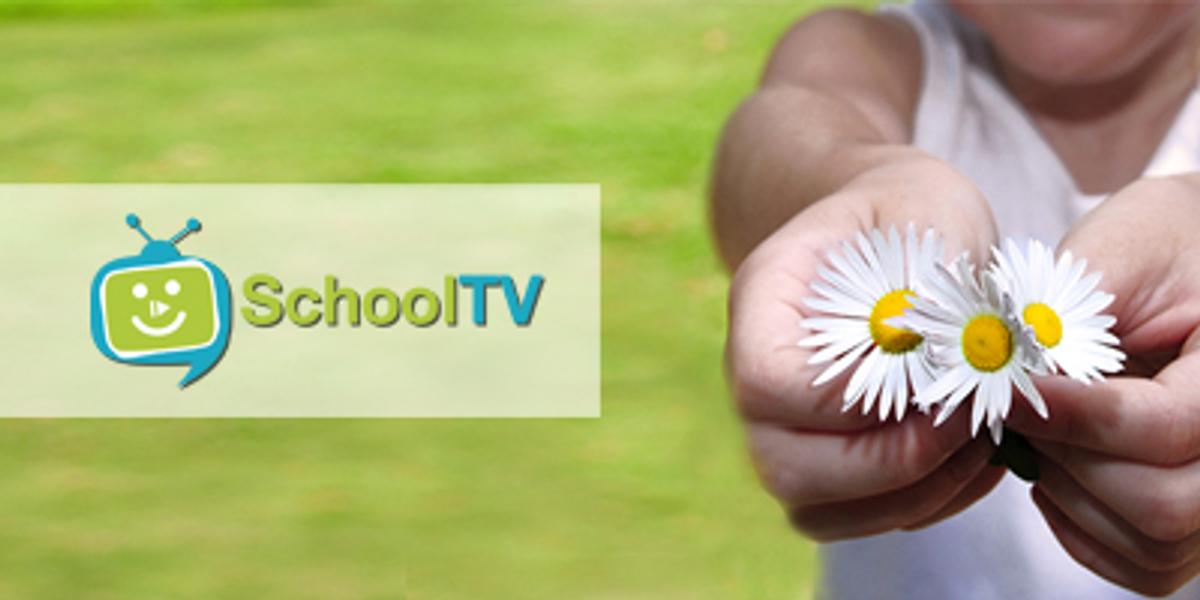Counsellor/Wellbeing
Karen Surian

Counsellor/Wellbeing
Karen Surian
Throughout our existence, humans have sought out relationships with others and built communities to belong to. We have a basic emotional and biological need for connection. A sense of belonging involves more than simply knowing other people. Belonging is the feeling of security and support that gives us a sense of acceptance, attention, and connection to others, as well as having the opportunity to provide the same to other people.
When we don’t feel connected, or have our need for belonging met, this causes a deep-seated distress. Both loneliness and disconnection are negative emotional states that can feel painful and sometimes unbearable. When our basic need for belonging isn’t met, it is impossible for our brain to focus on other things, such as learning.
For young people, teenagers in particular, this desire is abundantly strong. Teenagers place a high value on their social ties, acceptance, care and support from others, especially their peers.


Students who have a sense of belonging will experience feelings of security, identity and community, which in turn supports their academic, psychological and social development. In fact, a positive peer group is considered the best predictor of wellbeing in young people.
It is not always easy for young people to know how to build and manage friendships, especially after the pandemic where many young people were isolated from peers and lost the opportunity to develop these important skills. But learning to make friends and keep them involves a number of skills every young person needs to understand and develop.
It is important for adults to model healthy friendships; demonstrating how to speak to people, how you want to be treated and how friends should make you feel. Encourage your child to seek out the qualities they look for in a friend. Guidance from adults will help their friendships to flourish. But at the same time recognising that some friendships are just not meant to be. We are not everyone’s cup of tea.


Friendships are full of ups and downs and it is better for young people to learn how to manage and build their own friendships, even though as parents//carers you may be tempted to interfere.
There are many ways parents and carers can provide support in the development of positive friendships.


The School TV series provides lots of information and advice through factsheets, videos, interviews and other resources from leading specialists. Please access here.
If you do have any concerns about the wellbeing of your child, please contact the school for further information or seek medical or professional help.
Karen Surian College/School Counsellor

